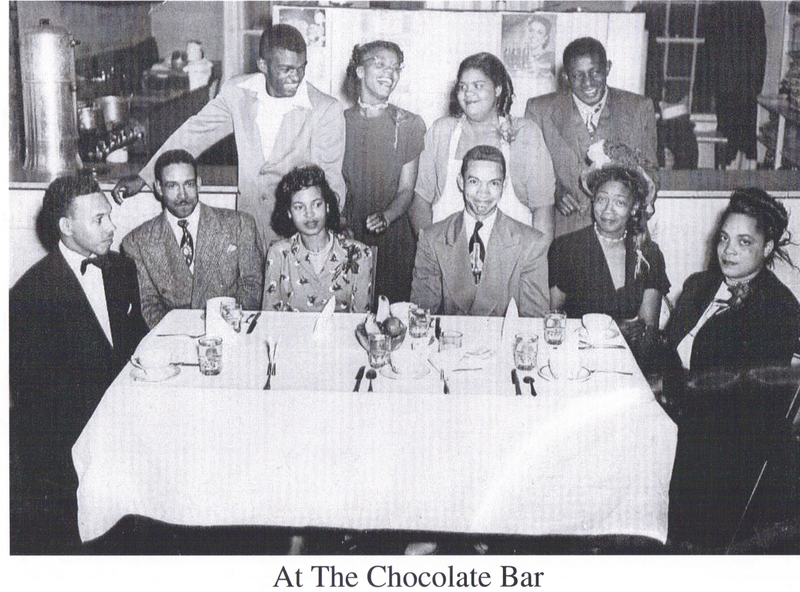New Appalachian Moments Blog Post!
By Scott Ballard
The Junaluska neighborhood, in the NW North Carolina mountain county of Watauga, could very well be one of the oldest, if not THE oldest continuously inhabited black communities in Western North Carolina. Junaluska has a unique history dating back to the mid-1800’s, with descendents of many of its original families still living in the neighborhood today. In earlier times, the Junaluska area was known simply as “The Hill,” “The Pines,” or “The Mountain.”
The origin of the community is hard to pinpoint, which makes the untold stories all the more intriguing and compelling for historians. It is known that a freed black population existed in the area, but the fact that blacks were not named in the Census until 1870 makes pinpointing the formation of the community and tracing family lines difficult.
After the Emancipation Proclamation and the end of The Civil war, it’s been recorded that social stratification along the lines of race was virtually unnoticeable as “everyone was poor.” It literally took decades before the local culture reflected a difference between whites and blacks.
The Junaluska neighborhood, which is situated between Howard’s Knob and the town of Boone, was home to 103 people in the year 1900. This figure is significant because it rivals that of Boone itself because the town-proper had only 155 residents as recorded by the federal census. That ratio of blacks to whites was NEVER more equal.
In the early twentieth century, the population of the community continued to grow with the influx of black residents from elsewhere in the area. Did you know that in its heyday, Junaluska had its own businesses, churches, social gathering places and school–quite literally, a “village within a village.” Junaluska was stable and has continued to cultivate a unique identity through all the pressures it encountered and still faces today.
The history of Boone, NC, and by extension all communities across Appalachia will never be truly revealed until the whole picture is shown, until all the stories are tied together, and that includes the history of African-Americans in the mountains. As the late historian Virgil Greer, of the Junaluska community, stated, “Our history is really your history, and together it’s a stronger story than it would be if kept separated.”
Please share your comments and memories below and remember to like and share this so that more folks can see it!

